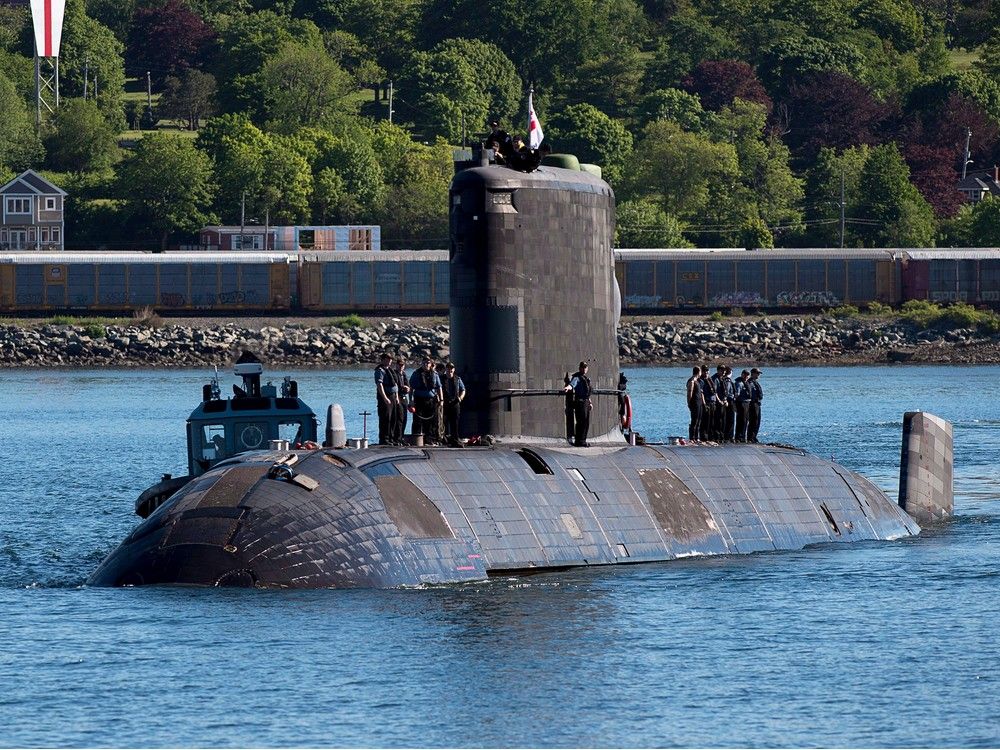Dozens of political and military luminaries call on Ottawa to stop backsliding on national defence
Signatories of the letter include:
The Right Honourable Beverley McLachlin, former chief justice SCC
The Honourable Peter MacKay, former minister of national defence
The Honourable David Pratt, former minister of national defence
General (Ret'd) Raymond Henault, former chair NATO MC, chief of the defence staff
Ambassador Yves Brodeur, former ambassador to NATO
Ambassador Deborah Lyons, former UN special rep UNAMA Afghanistan
Blake Goldring, former honorary colonel Canadian Army, executive chairman AGF Management
Dick Fadden, former national security adviser and deputy minister of national defence
Chiko Nanji, CEO Metro Supply Chain Group
The Honourable John Manley, former deputy prime minister and minister of foreign affairs
The Honourable Anne McLellan, former deputy prime minister
The Honourable Perrin Beatty, former minister of national defence
The Honourable John McCallum, former minister of national defence
The Honourable Jason Kenney, former minister of national defence
The Honourable David Collenette, former minister of national defence
The Honourable Andrew Leslie, former chief whip, commander Canadian Army
The Honourable Senator Peter Harder, former deputy minister of foreign affairs
The Honourable Colin Kenny, senator (Ret'd), founding chair of the standing Senate committee on national security and defence
The Honourable Dan Lang, senator (Ret'd)
The Honourable Joseph Day, senator (Ret'd)
Mel Cappe, former clerk of the Privy Council and U.K. high commissioner
General (Ret'd) Paul Manson
General (Ret'd) John de Chastelain
Admiral (Ret'd) John Anderson, former NATO ambassador
General (Ret'd) Jean Boyle
General (Ret'd) Maurice Baril
General (Ret'd) Rick Hillier
General (Ret'd) Walter Natynczyk
General (Ret'd) Tom Lawson
Ambassador (Ret'd) Robert Fowler, former foreign policy adviser, deputy minister of national defence
Ward Elcock, former director of CSIS, deputy minister of national defence
Margaret Purdy, former deputy secretary to the cabinet (security and intelligence) and associate deputy minister national defence
Daniel Jean, former national security and intelligence adviser, deputy minister Global Affairs Canada
John Forster, former chief of CSE, deputy minister of national defence
Margaret Bloodworth, former deputy minister of national defence
Roland Paris, former senior adviser (global affairs and defence) to the prime minister
Vincent Rigby, former national security and intelligence adviser
Jim Mitchell, Former Senior Public Servant
Ambassador (Ret'd) Chris Shapardanov, Former Ambassador to Finland
Ambassador (Ret) Lucie Edwards, Former High Commissioner of Canada for India and South Africa
Ambassador (Ret) Sabine Nölke, Former Ambassador the Netherlands and Permanent Representative to the Organization for the Prohibition of Chemical Weapons
LGen (Ret'd) Christine Whitecross, Former Chief of Military Personnel
The Honourable Darrell Dexter, Former Premier of Nova Scotia
Jim Mitchell, Former Senior Public Servant

o.canada.com




